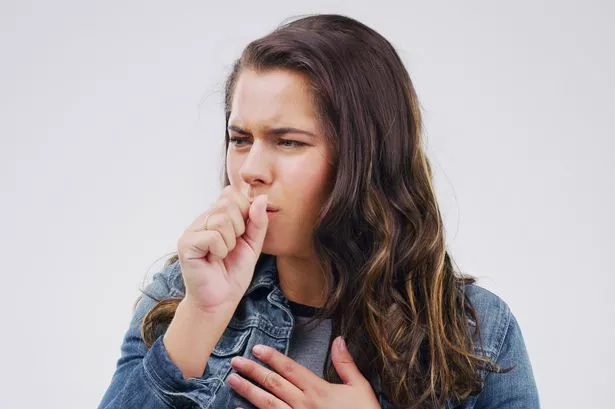The National Institute of Health (NIH) has issued a warning to health departments nationwide regarding the increasing threat of whooping cough, commonly known as Kali Khansi.
In a communication sent to relevant officials across the country, the NIH has urged immediate action to curb the spread of this highly contagious disease. The institute outlined precautionary measures to be taken in the coming months and highlighted the potential strain on health facilities due to the expected surge in cases. Emphasizing the importance of timely vaccination, the letter aims to alleviate the burden on healthcare systems and prevent complications from the contagious illness.
READ MORE: FBISE to Introduce AI-Powered Marking System Starting This Year.
Key points from the NIH advisory include:
- Whooping cough, a highly contagious respiratory infection, spreads through coughing and sneezing.
- The incubation period is typically 7 to 10 days but can extend to 21 days. Infected individuals are most contagious during the initial stages for up to about 2 weeks after the onset of coughing, necessitating an isolation period of 4 to 21 days.
- Early symptoms involve a slight cough, mild fever, runny nose, and a gradual increase in cough intensity.
- Newborns and children face a higher risk of severe complications, including fever.
- The whooping cough vaccine is mandatory for high-risk individuals and is a part of the national immunization program.
Citizens are also advised to practice social distancing, maintain proper hygiene, and cover their mouths when coughing or sneezing. The NIH underscores the significance of early diagnosis through PCR tests and the vital role of antibiotics in mitigating the severity of whooping cough.
Timely vaccination is crucial not only for preventing whooping cough but also for reducing the risk of additional health complications such as pneumonia, ear infections, and psychological issues.


